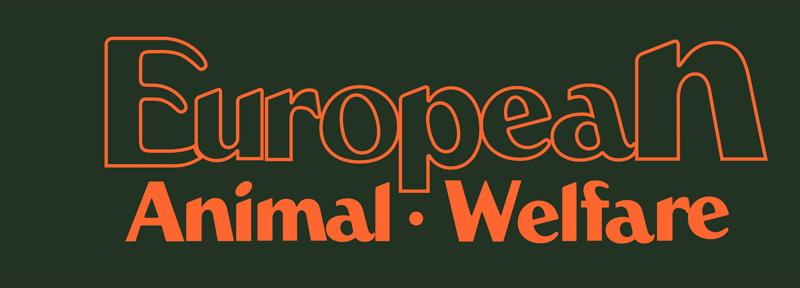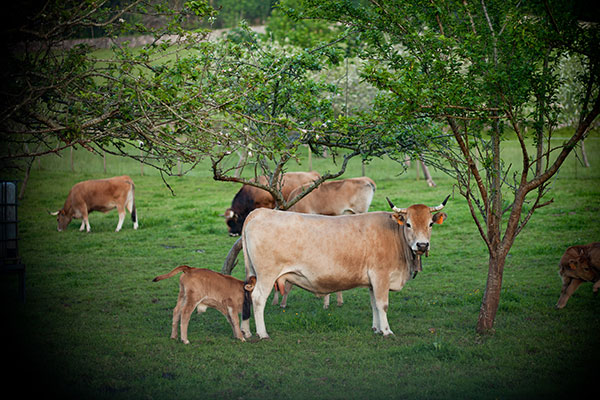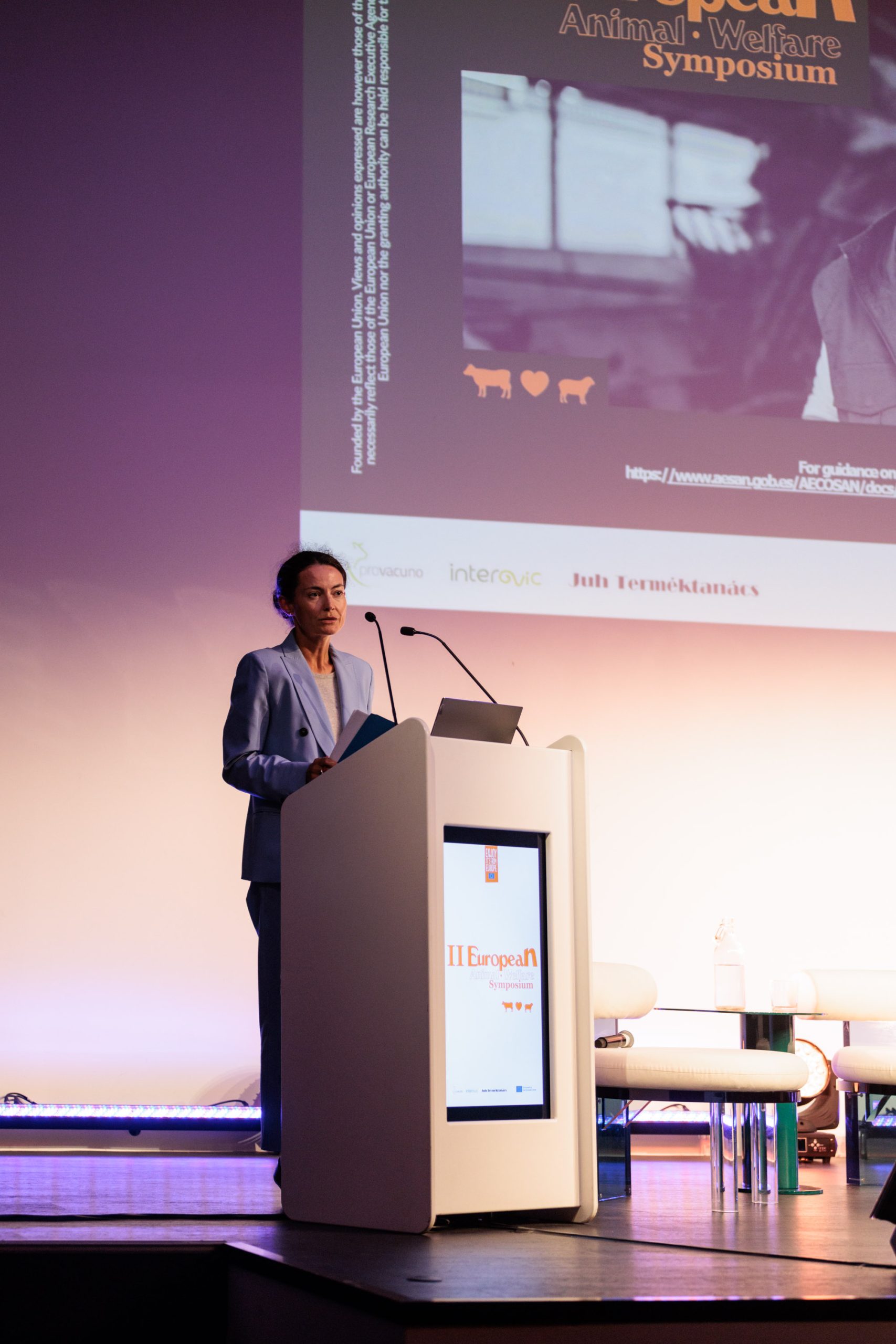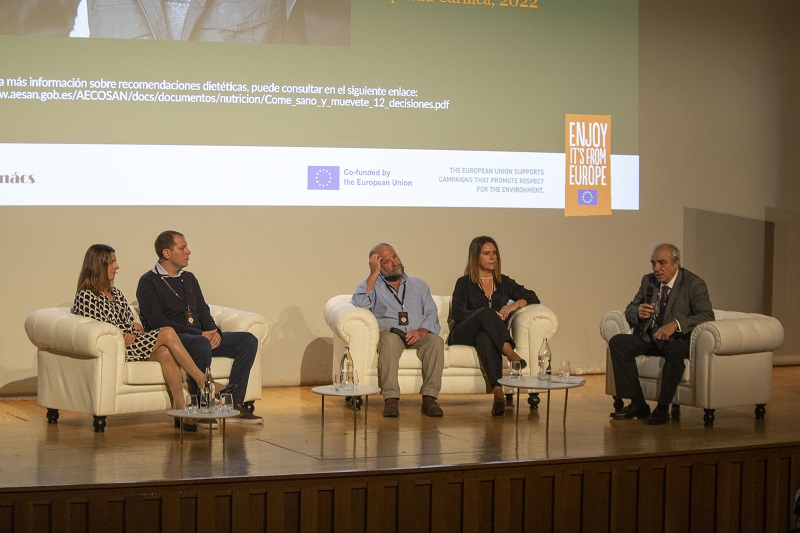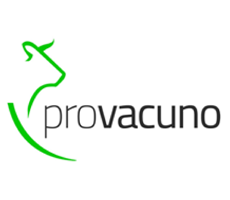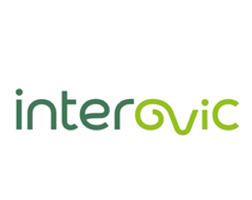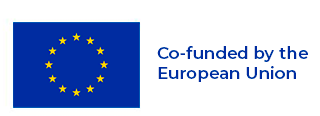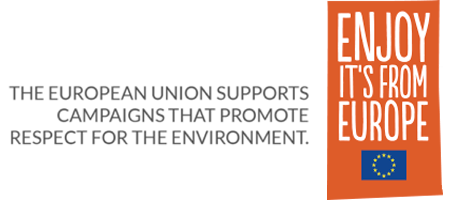Sustainability is now part of our future. In 2019, the European Union adopted the Green Deal or European Green Pact with the aim of making Europe the first continent to achieve climate neutrality by 2050, in the words of Ursula von der Leyen, President of the European Commission, «the time of man on the moon for Europe». In the words of Ursula von der Leyen, President of the European Commission, «Europe’s time for man on the moon».
This commitment to a sustainable economic system is the only lifeline Europe is clinging to after the crisis brought on by the arrival of COVID-19.
Among the sustainable measures adopted is the «farm to fork» strategy, which focuses on improving current food systems towards more sustainable production to meet the needs of the population by 2050.
Farm to fork or science to fork?
The Farm to Fork strategy is designed from the point of view of both the consumer and the producer, and its importance lies in the fact that it puts these two elements at the centre of the approach. The main objective of this comprehensive strategy is to take up the challenge of producing and consuming food in a way that is fair and sustainable for the planet.
In an environmentally friendly production system such as this sustainable pact, respect for animals is a must. Among the concepts advocated are a broad review of animal welfare and protection legislation and the need to recognise the living conditions and fundamental rights of animals.
However, it is important to remember that the real mechanism that makes all these processes verified and contrasted is science. An animal controlled and monitored under quantifiable and demonstrable scientific parameters is a healthy and calm animal. In this way, if animal welfare is taken into account morally and ethically, there is a social responsibility and, in turn, optimum levels of food safety are achieved, as it has been demonstrated that protecting them in this sense can be an important factor in reducing the spread of diseases.
Animal welfare at the heart of sustainability
Sustainable economic development puts the international community in the spotlight when it comes to improving welfare, quality of life and expanding global freedom. Animal welfare has become part of this race for the survival of the planet. Sustainability and a truly efficient economic model depend on care and respect for our animals.
At the 18th World Meat Congress in 2010, the theme of global cooperation on livestock welfare was presented by Daniela Battaglia, Livestock Production Officer in the Animal Production and Health Division of FAO. During the meeting, Battaglia pointed out that animal welfare is directly related to such fundamental rights as the right to adequate food and nutrition, livelihoods, decent working conditions, and social justice in general; and to such common global goods as biodiversity and natural resources.
Today, the report «Animal Welfare at the Heart of Sustainability» by FAO and the Department of Agriculture and Consumer Protection underlines the need for animal welfare to be a priority for sustainability, and recognises that animal production and animal welfare are inextricably linked to ethical, political, economic, environmental and social issues.
The Spanish beef interprofessionals, Provacuno, and the Spanish and Hungarian sheep and goat interprofessionals, Interovic and JTT, have believed this and that is why they wanted to develop quality standards that could be reliable and truly guarantee animal welfare as well as continuous improvement in this area. For these three interprofessionals, the question is not to «meet requirements or parameters» but to be able to advance every day, to improve measuring tools, to adapt facilities and to be able to have greater reliability that what is being done is correct and adequate with complete certainty.
All this has materialised through its «European Animal Welfare Commitment» and an ambitious promotion plan financed with European funds that will soon complete its first year of implementation for the promotion and dissemination of animal welfare in ruminants for meat production.
